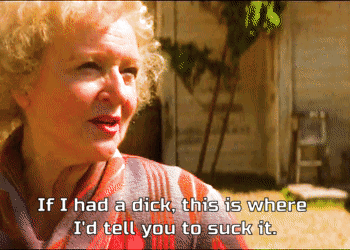

The thesis comes at the end of the introduction paragraph when he states, “And returned to the lake where we used to go, for a week’s fishing and to revisit old haunts”.It is similar to when he sees himself holding his son’s fishing rod. In the last sentence, White is referring to him feeling what his son is feeling because he is seeing himself as his son.He describes the noise as being very soothing, but the new boats make a loud noise that do not match the illusion. He recalls the old boats, whose motors would make low purring sounds as they moved across the lake. The new boats have different engines that make a noise that annoys White.White’s comment portrays the amount of activities that they used to do has now been narrowed down to less. But now the road has disappeared leaving only two, partially breaking the illusion he was living in. He feels disconcerted because he was living the week in the past when there had been three roads.But he could also sense the changes because of the different style of motors in the boats, and he could still remember his life outside the lake. Everything is perfectly how it was when White had last been to the lake, it seemed that nothing had changed and he was looking at the same scenery.White’s son is different because he enjoys the out board boats whereas White does not like them. He also pictured himself as his father who took him to the same lake. He felt he was living a dual existence because in everything that his son did, he saw himself doing the same thing as a kid. In the morning he heard his son sneak out of the cabin just as White used to as a child. White and his son are similar in the sense that White kept envisioning himself as his son.

In addition, repetition maybe noticed through the certain words, which may indirectly suggest a personal relationship with the lake. Numerous images are retold through the use of imagery such as the "placid" and "calm" surface of the lake, which is held to be something very important to the author. White most notably expresses this repetition through imagery, choice of words, and rich, grandiloquent language. This rhetorical device is used the most throughout the piece. Myriad thoughts are expressed through White's use of repetition. The diction used here gives birth to the conflict, time and chance, by contrasting the conflict as "petulant" and "irritable." Indirectly, this furthers his purposes for writing the essay in that the author has a personal connection with these childhood experiences, often speaking of his son as the inheritor of these childhood memories. White directly speaks of these memories by saying that they were "precious, " and "worth saving." He furthers these assertions by characterizing the memories of "jollity," "peace," and "goodness." The author, expecting everything to be the "same" in this "unique," "holy spot," begins noticing that his expectations were cut short. Through the use of diction, the author hints that his childhood memories were of great importance to him. Ultimately, White's essay Once More to the Lake conveys an enormous, internal conflict with time and childhood memories through the use of diction, repetition of imagery, words, and sensory details, and structure of expression that suggests the author's abhorrence of change. These subjects are conveyed with a nostalgic, reminiscent tone that denotes the author's great longing for these childhood memories to recur.

The essential subjects of the piece are time, childhood memories, and, of course, the lake.

White's Once More to the Lake is a narrative essay in which White analyzes his conflict with time.


 0 kommentar(er)
0 kommentar(er)
